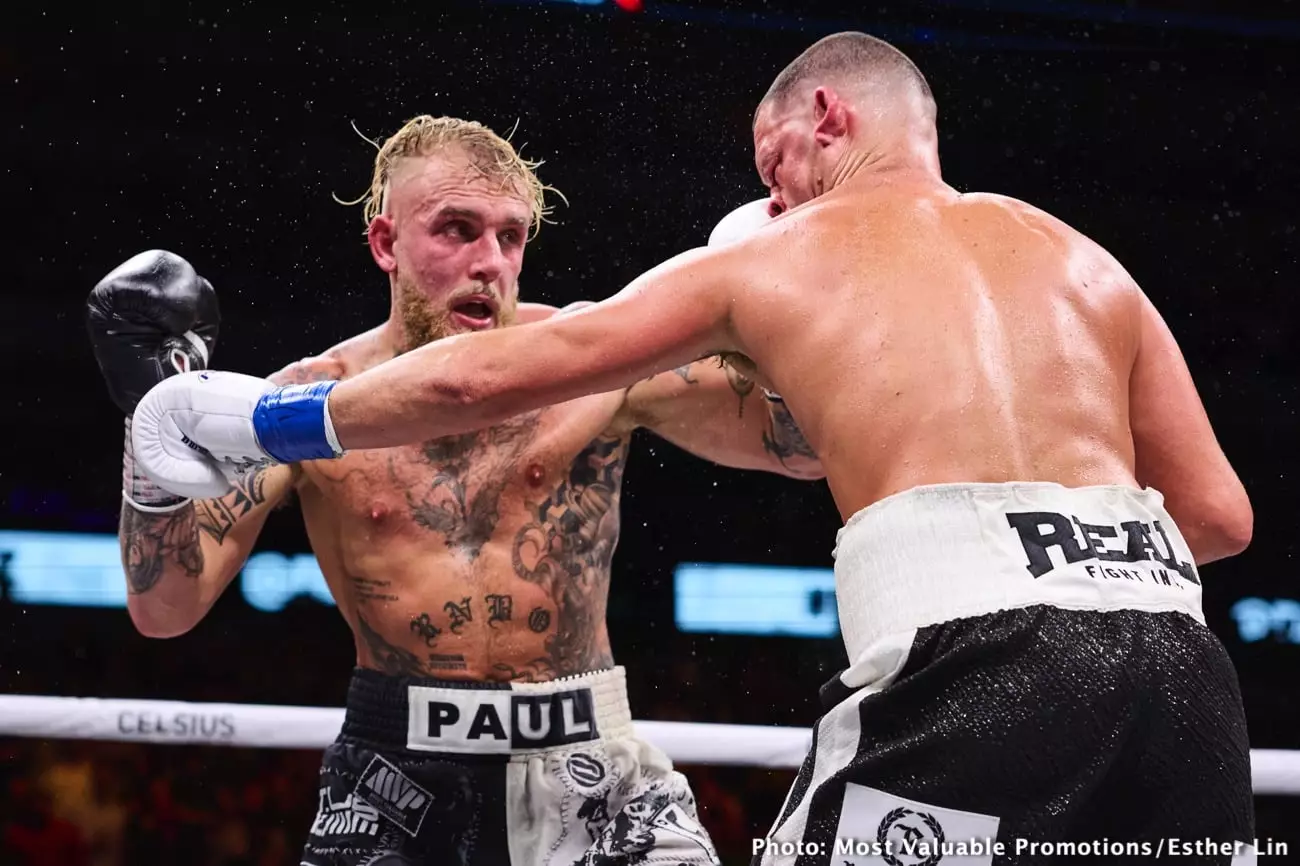The boxing world is witnessing an unprecedented spectacle this Friday night: a fight between YouTuber Jake Paul and former heavyweight champion Mike Tyson. Paul, at the age of 27, has orchestrated a showdown against the 58-year-old Tyson, who is making a remarkable return to the ring after years out of serious competition. The bout, taking place at AT&T Stadium in Arlington, Texas, is generating buzz but is also drawing criticism from seasoned trainers and boxing purists alike. The dilemma reflects an ongoing tension between entertainment and the integrity of the sport.
Promoted as an eight-round contest featuring 14-ounce gloves, this match is part of a broader trend of celebrity boxing that has raised questions about the future of boxing as a legitimate sport. Critics argue that this scenario only serves as an example of how far the sport has strayed from its traditional roots, where skill and prowess took precedence over social media fame and marketing savvy.
Notable figures within the boxing community, such as trainer Dave Coldwell, have expressed their dissatisfaction with the fight, describing it as nothing more than a media spectacle. Coldwell’s sentiment is echoed by numerous boxing veterans who contend that fights like Paul vs. Tyson undermine the credibility of the sport. The trainer remarked, “This isn’t a real fight,” emphasizing that while Paul has enjoyed considerable success in building his brand, his choice of opponent does not elevate him in the eyes of boxing aficionados.
Instead of matching up against seasoned fighters, Paul has opted for bouts against individuals who either lack boxing experience or are well past their prime. This raises fundamental questions regarding authenticity in boxing matches that are meant to showcase elite skills and athleticism.
The Texas State Athletic Commission’s decision to sanction the match has come under scrutiny. Given Tyson’s advanced age and the unusual stipulations attached to the fight—such as the two-minute rounds—critics argue that it’s more of an exhibition than a legitimate boxing contest. Coldwell’s critique shines a light on the recognition of age and ability, remarking that “it’s just clever marketing” rather than an authentic sports competition. By allowing such match-ups, the sport risks appearing frivolous and failing to honor its rich heritage.
Furthermore, the elevated purse for Tyson raises an eyebrow. With a guaranteed $20 million payday, it begs the question of the financial sustainability of the sport. Traditional promoters would seldom back a boxer of Tyson’s diminishing caliber, exposing the underlying motivations driving these atypical matches. This funding trend directly impacts the perception of what boxing is and who it serves.
The broader implications of Paul’s approach to boxing extend far beyond this individual matchup. One of the core issues revolves around how future fights will be structured if celebrity battles overshadow traditional boxing bouts. While Paul has positioned himself as a disruptor capable of attracting a younger demographic through platforms like Netflix, this risks alienating part of the fanbase that craves competition rooted in the sport’s established norms.
At the same time, Paul has expressed ambitions to step into the ring with elite fighters like Canelo Alvarez. While this may seem like an audacious claim, it highlights a concerning trend where fame can potentially eclipse genuine talent and skill. But the reality of Canelo’s likely demands—reportedly upwards of $100 million—might halt such discussions before they fully blossom.
As the Jake Paul vs. Mike Tyson fight draws nearer, the boxing world stands divided. For some, it symbolizes the decline of a once-respected sport becoming a sideshow for sensationalism and easy profit. For others, it reflects an evolution—perhaps even a necessary adaptation to modern entertainment paradigms.
While the financial appeal is undeniable, it is crucial to weigh the cost of such spectacles against the potential erosion of boxing’s integrity. As fans and fighters alike grapple with these changes, one thing is clear: the future of boxing might hang in the balance, teetering between prestige and populism.

